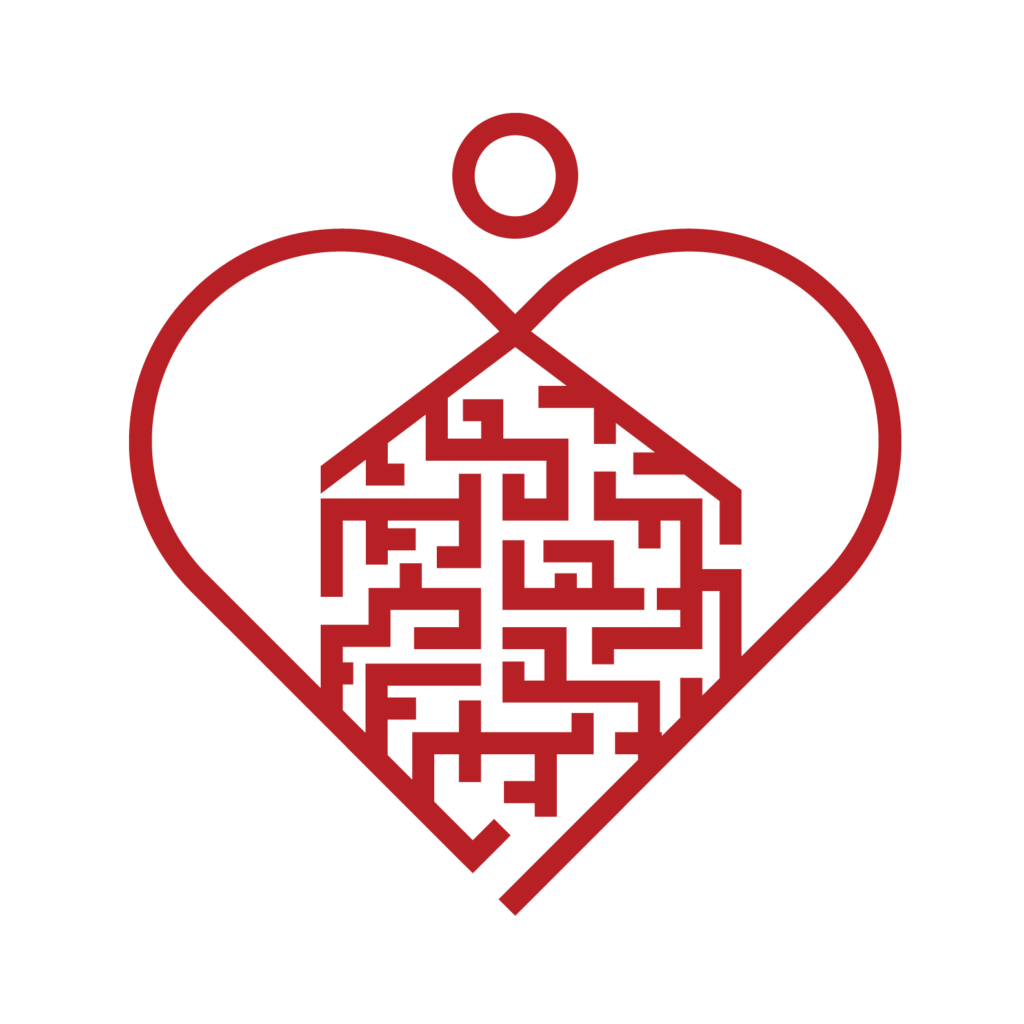Published on Sheknows, Feb 05, 2016: https://www.sheknows.com/living/articles/1111639/facebook-relationships/
“Darling,” “Sweetheart,” “This is so great!” and “Wow, you are amazing!”
The older I get, the more allergic I become to these randomly dropped flatteries by those who count me among their 500-plus Facebook friends.
I have started paying closer attention to what Facebook posts do to me. There are those that seem honest and feel authentic — happy, sad or otherwise. These friends still manage to share something genuine about themselves, although on the typically rather shallow Facebook level.
Then there are other friends, those who seem to use this platform to design their “alter ego,” hiding behind a public persona that feels rather far from their actual reality. To a certain extent, I guess we all do that. Facebook is surely not the right stage for a safe soul-striptease; however, I’ve learned there is a way to be real — through all levels of depth.
Inauthentic content is not healthy for me. Typically, the posts in question portray the “amazing life” their writers continually seem to enjoy. Their effect is of a rather diminishing nature, especially whenever I’m feeling less than perfectly happy (which I usually realize after reading these posts).
When returning from these dreadful excursions to my empty Word document, I feel depleted and disappointed with myself, perfectly aware that once again I’ve fallen victim to the Facebook temptation. Woe to the seductive clickaway from the demands of the moment.
More: 7 Ways to make a midlife crisis a positive thing
This is the stuff that severely feeds into my procrastination drift, but I’m learning my lesson. If you know what I mean, you might be interested in what helps me tackle the Facebook challenge:
-
Remember that life is a journey including valleys and crests, and that applies to all of us. There’s always a valley between summits.
-
When you catch yourself being negatively affected by yet another “breathtaking” post, beware that you are comparing your inside experience with other people’s outside presentation — not a fair match.
-
Be aware of the dynamics at work. Ask yourself: Can I relate to what he or she is saying? Does the statement invite connection or withdrawal? Does it encourage me to share or to defend my situation?
-
Look for posts that energize you. Analyze them, learn from them. I find those have a lot to do with the author’s courage to be real and vulnerable — and not perfect!
-
Be authentic. Share courageously yet wisely, and you will soon see who is really with you.
-
Get rid of toxic friends. If you feel strong enough, write an honest email — without blaming, just communicating your personal experience. Some people do have the strength to listen and learn from your feedback. Then you’d have found a true friend. But be careful! And trust your judgment.
-
If emailing is not an option, you might just want to block those people. Is that still too risky for certain friends? Then click the “unfollow” button or put them on your “restricted” list. This way you see less of each other.
Now, it’s different when I go on Facebook. There is a sense of community with those I read about, and it’s much easier to be my authentic self.
We are wired to connect. Neuroscientists such as Dr. Dan Siegel and Dr. Thomas Lieberman have gathered enough evidence to prove that. But as far as how and who we are connecting with, this remains up to us.
Good to remember!

